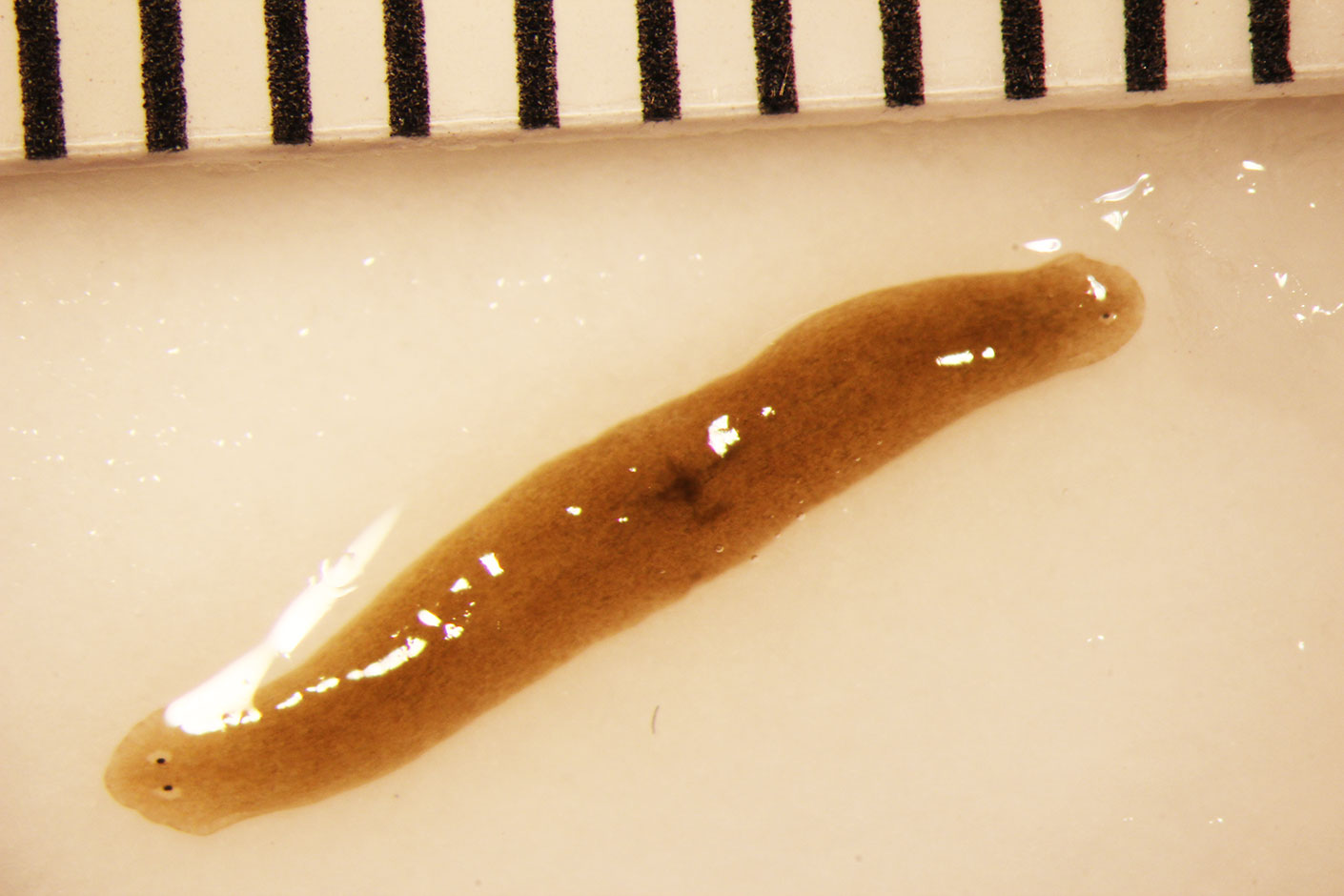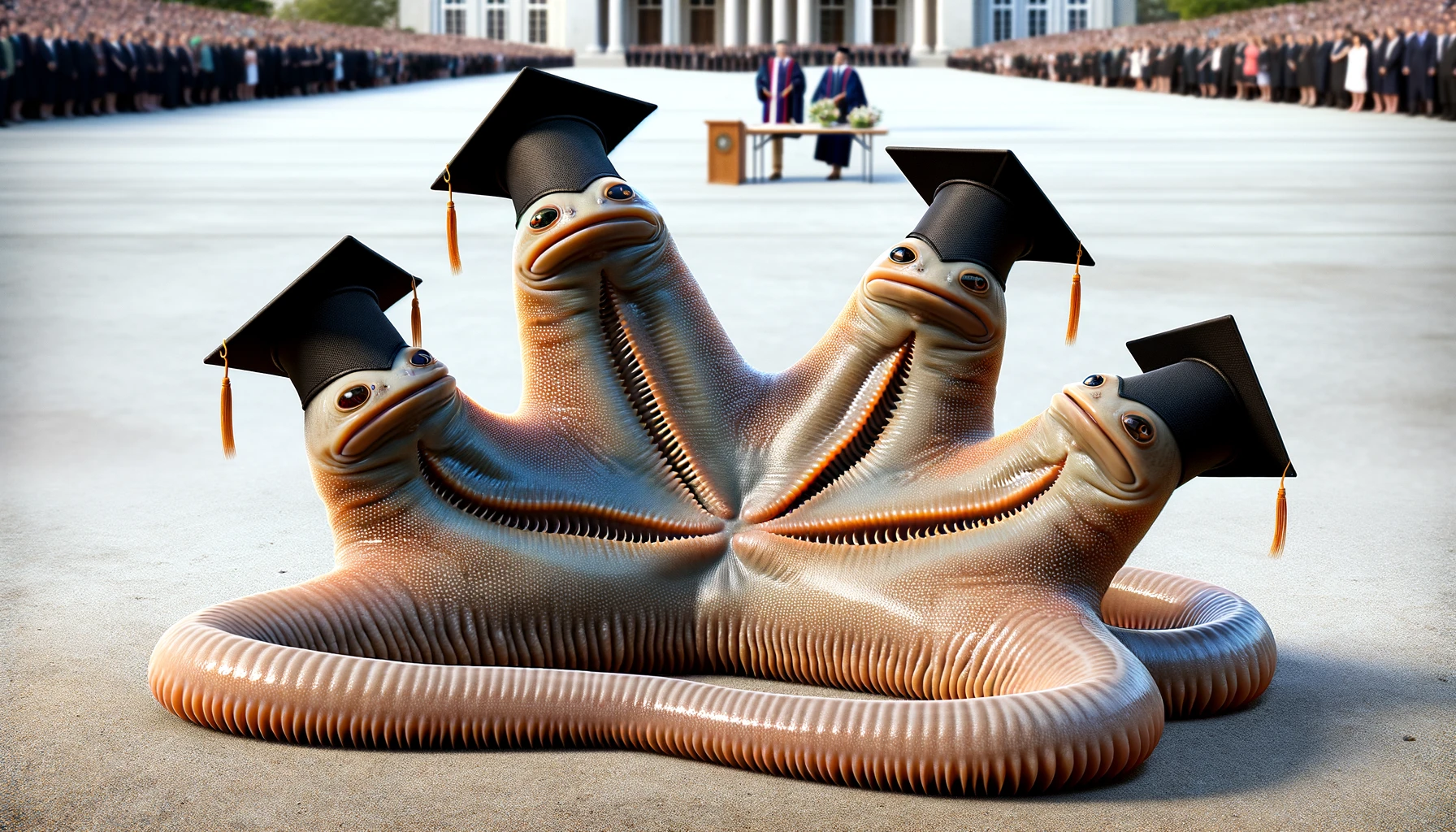The study “Regeneration – 2017 – Planarian regeneration in space Persistent anatomical, behavioral, and bacteriological changes induced by space travel,” conducted by Morokuma et al., and published in Regeneration in 2017, explores how planarian flatworms respond to space travel. This experiment, done on the International Space Station (ISS), found that one out of 15 planarians regenerated into a double-headed phenotype after their heads and tails were removed. This occurrence, normally rare, suggests significant changes in bioelectric signaling influenced by the microgravity and hypomagnetic environments of space. Long-term effects were also observed, including persistent alterations in behavior and microbiome composition even 20 months after returning to Earth. These findings could have implications for human and animal space travelers and highlight the potential of using unique space conditions to study and possibly leverage regenerative and bioengineering applications.
Open Letter to Dr. Michael Levin:
Dear Dr. Michael Levin,
Your groundbreaking research, particularly the experiments that led to the creation of multiheaded planaria both in space and on Earth, vividly illustrates the profound impact of environmental factors on bioelectric phenomena. These achievements not only underscore the inherent complexity of bioelectric signaling but also highlight the significant role that external environmental conditions such as EMFs play in influencing bioelectrical patterns and regenerative capabilities.
We are compelled to revisit your recent statements regarding the bioelectric effects of man-made EMFs, characterized as a “red herring.” The very nature of your work—demonstrating the capacity of environmental factors to alter bioelectric signaling in ways that lead to remarkable biological outcomes—stands as a testament to the critical need for a unified approach in bioelectric science and EMF health effects research.
Your observations from the space experiments, where planarian flatworms developed an unprecedented second head spontaneously, and your subsequent achievements in inducing multiheaded forms in planaria through controlled bioelectric modifications here on Earth, provide compelling evidence of the intricate relationship between bioelectricity and environmental conditions.
These findings urge us to consider the broader implications of EMFs on biological systems, challenging the notion that concerns regarding man-made EMFs are unrelated to the fundamental principles of bioelectric science.
In light of this, we respectfully urge you to reconsider the characterization of EMF health concerns as extraneous to bioelectric research. Recognizing the interplay between environmental EMFs and bioelectric signaling could open new avenues for understanding and harnessing bioelectric phenomena, with far-reaching implications for regenerative medicine, cancer treatment, and beyond.
Your pioneering work has already illuminated many paths previously unexplored which have been an enlightenment derived from environmental effects. By fully embracing the interconnectedness of bioelectric science and environmental EMF research, we can further demystify the bioelectric code that governs life, leading to transformative breakthroughs in medicine and regenerative health.
We look forward to your continued leadership and insights in this vital field of inquiry.
Sincerely,
All Humanity
Naturally occurring 2-headed planarian in space. Environmentally induced.

The Two Heads of Michael Levin That The World Needs To Become One!
Head #1: Environmental EMFs Matter
“During regeneration, development, and cancer suppression, body patterning mechanisms are subject to the influence of physical forces, such as electrical fields, magnetic fields, electromagnetic fields, and other biophysical forces including gravity. We want to learn about how these forces affect anatomy, behavior, and microbiology, as part of harnessing biophysics to control patterning for regenerative applications both on Earth and in space,” said Dr. Michael Levin, director at the Tufts University’s Allen Discovery Center and the corresponding author of the recent journal publication detailing this experiment, published in the April 2017 issue of Regeneration.
However, in a more recent comment, Levin has changed his position on the relative effects of EMFs on bioelectric probabilities
Head #2: Environmental EMFs Don’t Matter
“What’s amazing about the Body Electric, which is Robert Becker’s book, is that he talks about a lot of the people that have done work since then, so all the great of early bioelectricity. On reading that book, it became obvious to me that this was an actual field that could be pursued. Now, also, that book has half of the book about electromagnetic dangers of field exposures and things like this, and I’m not really into that. I think that doesn’t actually have anything to do with bioelectricity. I think that was kind of a red herring really. But the part where he goes over how it is that electricity is the basis of embryonic development, regeneration, cancer, this really, you know, kind of put me on the path that that’s an entry point to studying the things I really want to study.”
The two-headed flatworm was not the only change that happened in space because of environmental changes:
- Flatworms that traveled to space displayed changes in their behavior even 20 months after their return to Earth. Researchers also observed notable changes in the space flatworms’ microbiota and the chemicals they secrete. A total of 11 proteins were secreted in the space flatworms that were not secreted by their terrestrial counterparts.
- In addition to the severed flatworms sent to space, whole flatworms were sent as well (with a similar control group on Earth). Upon return to Earth, the flatworms’ movement decreased to the point where they were practically immobile and took two hours to display normal movement after being placed in a petri dish with water.
- Space also seemed to alter this creature’s preference for darkness. After returning to Earth, an experiment showed that the space flatworms spent 70.5 percent of their time in the dark, compared to 95.5 percent in flatworms on Earth.








